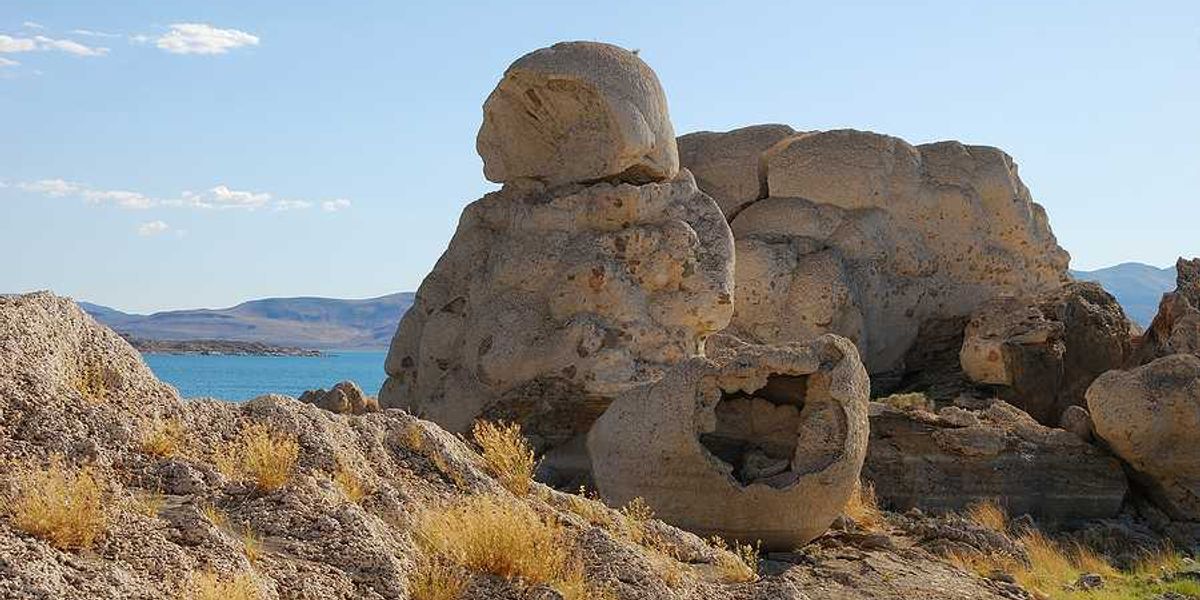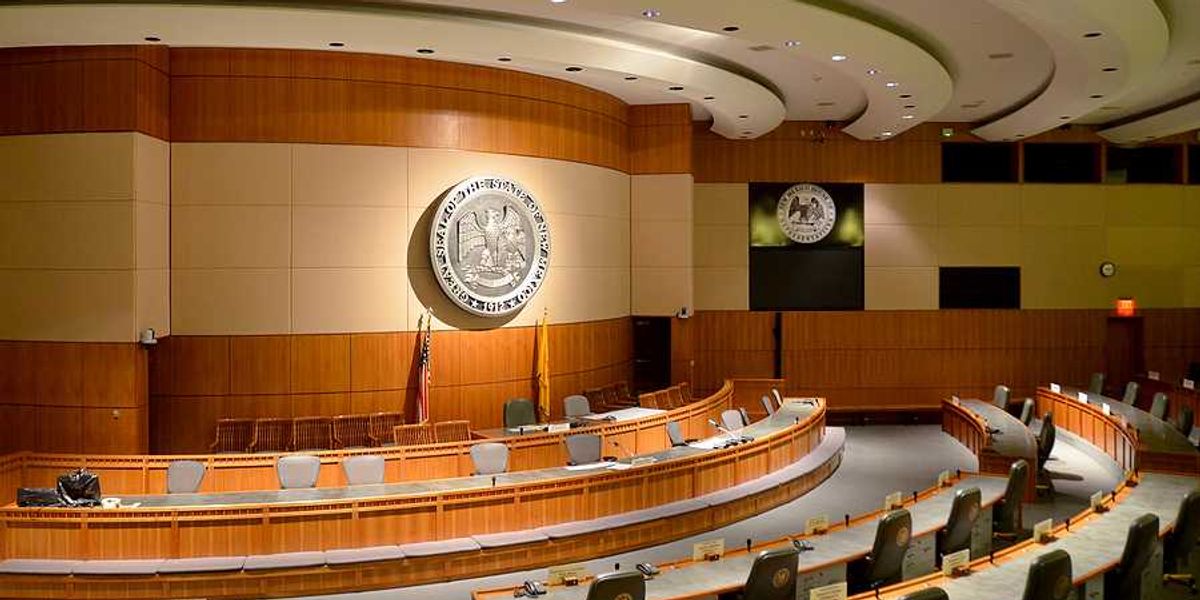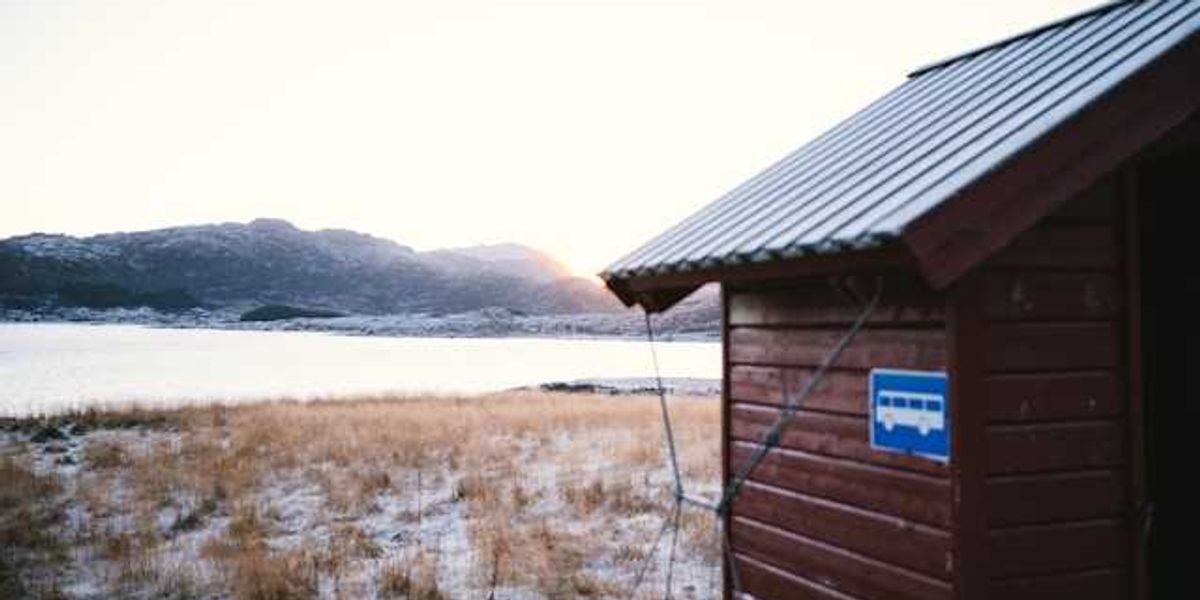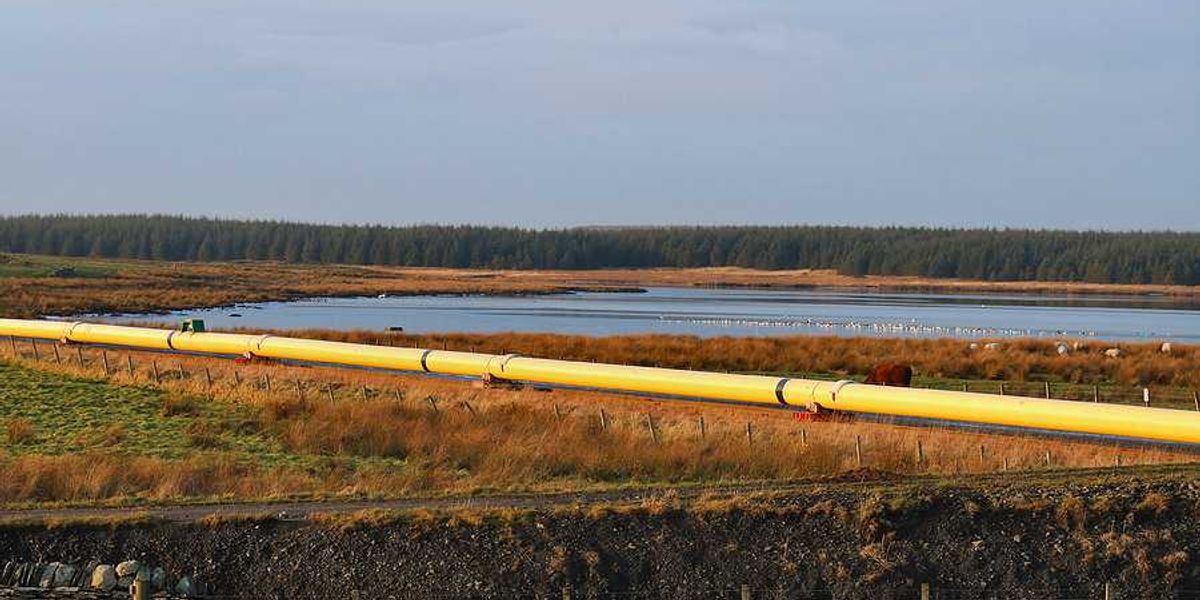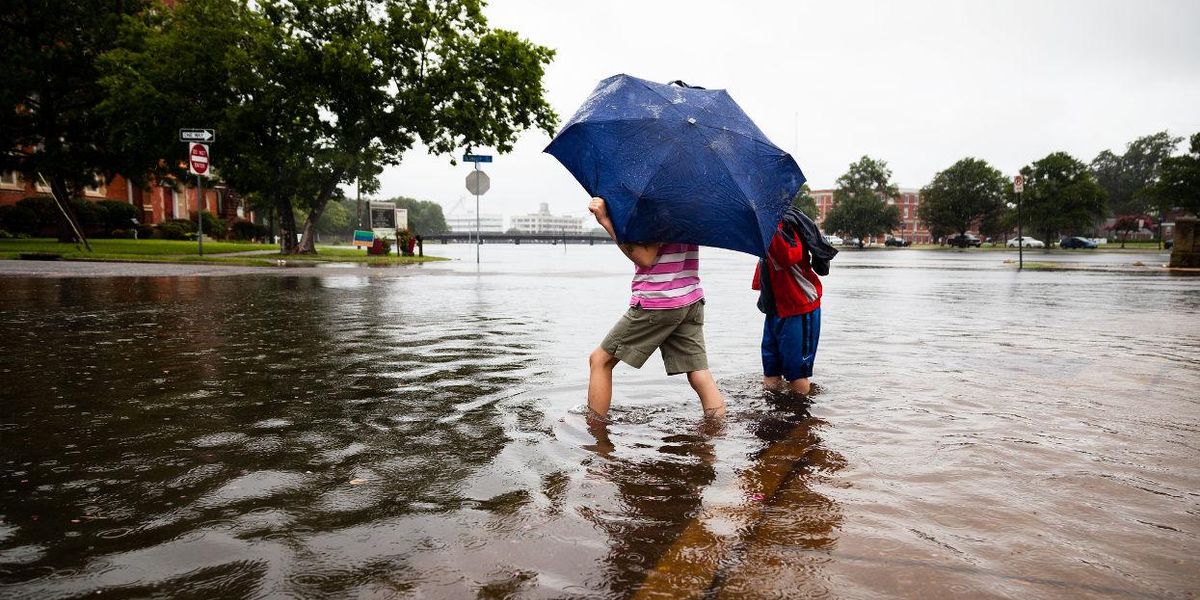
We ignored pandemic warnings and now look. Let’s not do the same for climate change.
We are getting grim, daily reminders about what happens when we don't heed early alarms from public health and science.
Our intrepid TV newsfolk are fond of comparing daily U.S. COVID-19 death tolls to other disaster numbers.
This week, I've seen or heard the grim stats compared to deaths at Antietam, Pearl Harbor, 9/11, or "12 jumbo jets a day falling out of the skies," as we exceeded each one by Wednesday. Fair enough, but what about other comparisons?
It's not as easy when you're describing whether the latest calved iceberg is the size of Central Park, or all of Manhattan, or even Connecticut. It's harder still since icebergs generally don't shut down beaches or restaurants or kill your Aunt Gladys.
The wrath of climate change could span decades, or even centuries. It won't have the immediacy of shutting down the school year, or postponing the Masters, but it will hurt more, and for much, much longer.
In 1994, Laurie Garrett published "The Coming Plague," a book that received far more attention than your average science/medical book, which is to say, not much at all.
However, Garrett's book was both masterful and prophetic. Garrett laid out a hellscape of seven-figure death tolls, a crumbling global economy, and social chaos if we didn't pay more attention to things too small to be seen.
At the time, notices like this review from Eliot A. Cohen in Foreign Affairs abounded: "After reading this work one begins to think a note of hysteria may be justified."
Looking back, some hysteria surely would have helped. But Garrett's book and the alarm calls from journalists and public health experts fell on deaf ears, as they have for a quarter century, and despite real-world body blows from Ebola, H1N1 flu, and more.
I'm not being cavalier about COVID-19. On May 26, it took my mom, and it hurts. But we need to recognize that the world is poised to repeat its dismissal of pandemic warnings with climate change. And the dangers posed by things too big to be reckoned with – our oceans and atmosphere – may not be contained once they're released.
That will hurt a lot more, for more of us, and for much longer.
Peter Dykstra is our weekend editor and columnist and can be reached at pdykstra@ehn.org or @pdykstra.
His views do not necessarily represent those of Environmental Health News, The Daily Climate or publisher, Environmental Health Sciences.
Banner photo: Flooding in Norfolk, Va., in 2017 (Credit: Chesapeake Bay Program/flickr)

